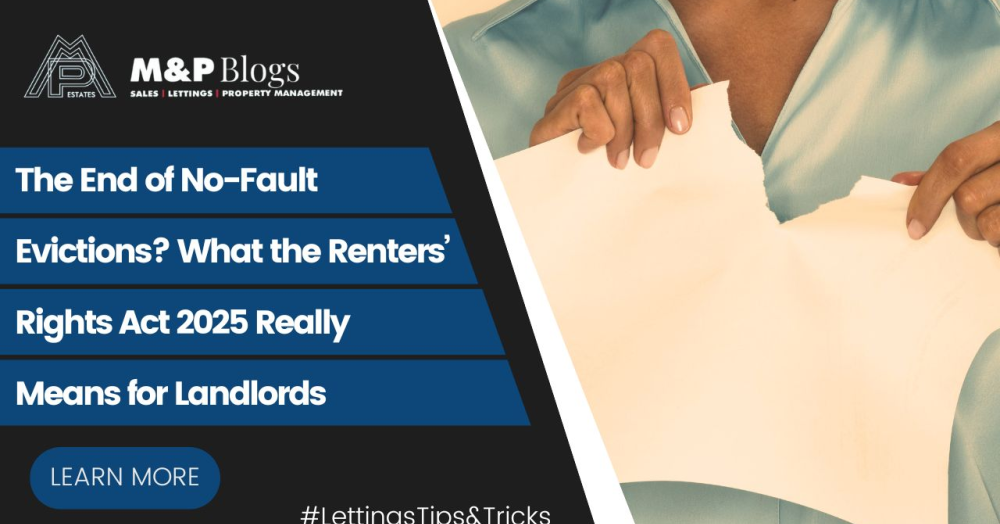The Renters’ Rights Act 2025 has officially replaced the Renters Reform Bill and became law on 27 October. But when does it actually start, and can landlords still serve a Section 21 notice? Here’s what you need to know, in plain English.
If you’re a landlord right now, you’ve probably seen the headlines: “The Renters Reform Bill has finally passed!” That’s true, it’s now officially called the Renters’ Rights Act 2025, and it became law on 27 October 2025. But before anyone hits the panic button, it’s really important to understand what this means in real life.
Yes, the law has been approved, but that doesn’t mean everything changes overnight. The government still needs to build the systems, forms, and legal rules to make the new law work. That could take months, or most of next year.
So for now, the current rules still apply.
Can you still issue a Section 21 notice
Let’s start with the question every landlord is asking.
✅ Yes, you can still issue a Section 21 “no-fault” notice right now.
The government plans to remove Section 21, but it hasn’t been switched off yet. Until they confirm a start date, landlords can still serve notice, as long as the legal requirements are met.
That means you must have:
- The tenant’s deposit protected in an approved scheme.
- Given them the latest “How to Rent” guide.
- A valid EPC and Gas Safety Certificate on file.
- Used the correct Form 6A notice.
If any of these are missing or outdated, your notice could be thrown out in court — and that’s an easy mistake to avoid.
Once Section 21 is gone, landlords will need to use Section 8 instead, giving a reason such as selling the property or moving a family member in. The courts will then review the case, meaning the process may take longer.
When will the new rules start?
That’s the big question, and the honest answer is no one knows yet.
The government has said the changes will roll out in stages during 2026, starting with new tenancies first and later including existing ones.
So you don’t need to panic today, but you do need to prepare. Think of this as your transition period, a chance to get everything in order before the new rules come into play.
What should landlords do now?
Here’s our straightforward advice for local landlords:
1. 🗂️ Check your documents.
Make sure tenancy files are complete: deposits protected, certificates valid, guides served.
2. 🧾 Review your agreements.
Some older tenancy agreements may not fit the new system. Updating them now saves stress later.
3. 🕰️ Plan for Section 21 ending.
Learn how the new possession rules work and plan ahead for potential changes.
4. 💬 Keep communication open.
Talk to your tenants early. Most problems can be solved before they become formal disputes.
5. 📚 Stay informed.
We’ll continue to update our landlords as the government confirms more details.
What this means for South Ockendon landlords
Locally, we expect some landlords may choose to sell before the new rules take effect, while others will adapt and continue as normal.
The good news? Professional landlords who already follow the rules have very little to worry about. The Act is really aimed at improving standards across the board — and that benefits both tenants and responsible landlords.
At M&P Estates, we’ve always believed in doing things properly, keeping landlords compliant, tenants safe, and properties protected. That approach means our landlords will be ready when the new Act officially comes into force.
If you’re a landlord in South Ockendon, RM15, RM16 or Thurrock, now’s the time to get ahead.
📞 Call MP Estates on 01708 851999
We’ll help you understand what the Renters’ Rights Act 2025 means for you and make sure you’re fully prepared before the changes begin.

